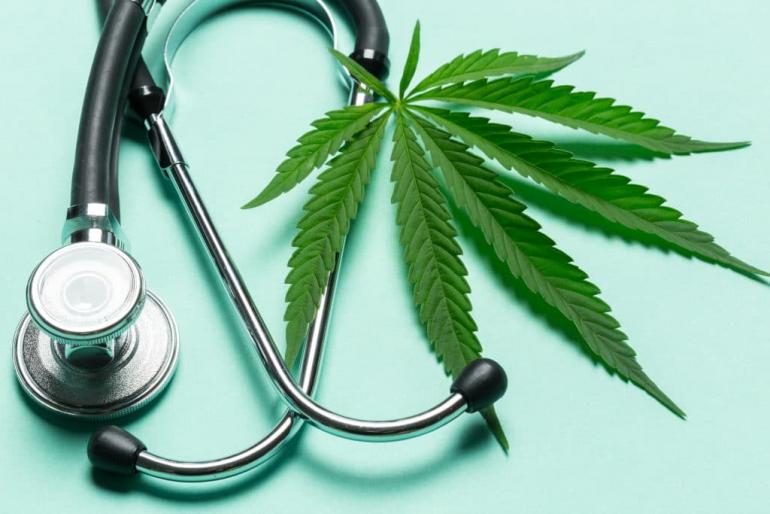
By Samantha Lamb
Medical marijuana was legalized in West Virginia in 2017. However, doctors have not been authorized to prescribe medical marijuana cards and no dispensaries have been opened at this point. The West Virginia Department of Health and Human Resources’ Office of Medical Cannabis plans to change that within two years. Applications have been closed for growers, processors, dispensaries, and laboratories. Growers have already been selected, and applicants from processors, dispensaries, laboratories, and physicians are being processed.
Right now, the list of conditions that potentially qualify for a medical marijuana card is limited. The only conditions that currently qualify are cancer, position statues for human immunodeficiency virus or acquired immune deficiency syndrome, amyotrophic lateral sclerosis, Parkinson’s disease, multiple sclerosis, damage to the nervous tissue of the spinal cord with objective neurological indication of intractable spasticity, epilepsy, neuropathies, Huntington’s disease, Chron’s disease, Post-traumatic stress disorder, intractable seizures, sickle cell anemia, severe chronic pain of neuropathic origin or severe chronic or intractable pain, and terminal illness that is defined as a medical prognosis of life expectancy of approximately one year or less if the illness runs its normal course.
The list is subject to change and may expand to include more conditions.For patients under 18, the list of applicable conditions is the same. In order to be considered for a medical marijuana card, a patient or caregiver must submit an online application with a fee and obtain a completed physician’s certification from an approved practitioner prior to applying.
Acceptable forms of medical marijuana are also outlined on the DHHR’s website. Medical marijuana in West Virginia may only be ingested in the following forms: pill, oil, topical forms including creams, gels or ointments, and forms medically appropriate for administration by vaporization or nebulization. In 2020, the legislature added dry leaf or leaf or plant forms to the list.
As the reality of medical marijuana in West Virginia comes closer, college campuses have to start considering how they will handle medical marijuana card holders on campus. As of right now, Glenville State College does not have a policy regarding medical marijuana. Many colleges in other states where medical marijuana is legal choose not to allow medical marijuana on campuses for fear of losing federal funding. Since marijuana is still illegal on a federal level, the loss of funding is a very real possibility. However, there is nothing stopping students with a medical marijuana card from consuming it off-campus.
For more information regarding medical marijuana specifically in West Virginia, visit https://dhhr.wv.gov/bph/Pages/Medical-Cannabis-Program.aspx
Share article on:

